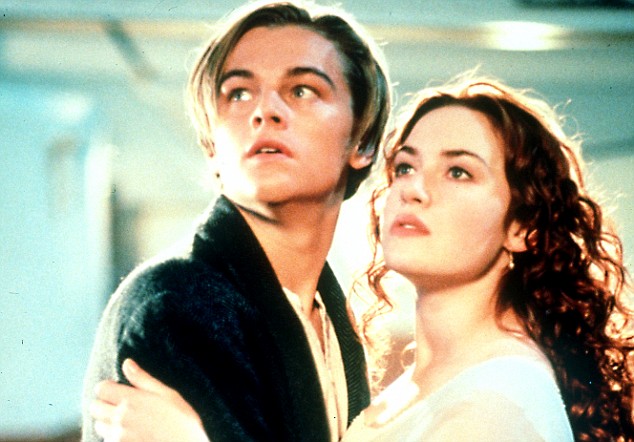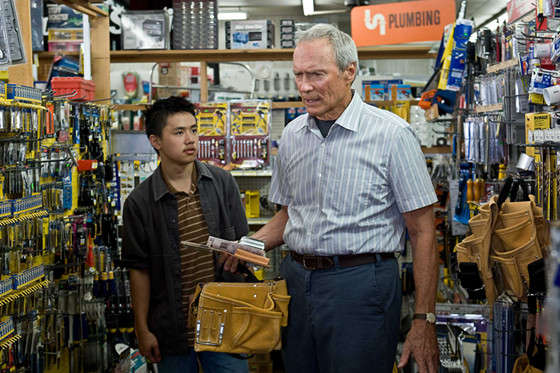6. Blow (7.6)

A biopic does not work simply by recounting the facts of a compelling life. Nor does it cohere simply by casting a chameleonic and charismatic actor always compels. Finally, biopics don’t work merely because the story they tell is wild and unbelievable. Sadly, Ted Demme’s Blow shows that a biopic may not even work if all three of these things are true. Blow concerns Johnny Depp’s George Jung who was heavily involved in cocaine distribution in the United States.
Though the movie includes multiple strange and exciting scenes, it never overcomes its overly episodic nature to become anything more than a mildly interesting oddity. There are elements of romance, explorations of familial relationships, and explanations of various aspects of the drug trade. None of them add up to anything substantial.
There never seems to be any real sense of forward momentum to the events: they simply happen and the audience is expected to be compelled. The last part of the film attempts to fake a level of wisdom that the movie did not ever actually have. It’s only a semblance of insight, unearned.
7. Titanic (7.8)

Much has already been written about the less-than-impressive qualities of James Cameron’s Titanic. Taste of Cinema recently posted an article calling James Cameron the most overrated director working today.
While Cameron is a master of spectacle and a clever, lowest-common-denominator populist, his most recent movies, while initially celebrated, become much maligned as time passes. His greatest achievement in making Titanic was casting up and coming actors Leonardo Dicaprio and Kate Winslet as the upstairs/downstairs lovers Jack and Rose. The production design in the film was also impeccable and the movie famously won Best Picture at the Academy Awards.
None of these strong qualities of the movie, though, can excuse its pandering and obvious story, nor its blatantly tear-baiting conclusion (not to mention its overly clumsy modern frame). Its 7.8 IMDb score highlights its crowd-pleasing abilities but is ultimately undeserved. While a Best Picture winner would normally warrant a high score such as this, Titanic is one of the least-deserving Best Picture winners in Oscar history.
8. Avatar (7.8)
![]()
At this point, picking on Avatar is almost too easy. The half-baked love story, the much-lauded but already surprisingly-dated special effects, the obvious retread of a plot: it has all been pointed out over and over. What it adds up to is a billion-dollar blockbuster that had audiences flocking to the theater in droves in late 2009/early 2010.
What it does not add up to is a 7.8 score for a subpar movie built on the back of Ferngully: The Last Rainforest. That score would be much more appropriate for a movie that could stretch beyond the simplicity of a “we need to be kind to nature” message and a story reliant on the American persecution of a foreign people. Though a strong argument could be made that the discrimination angle of Avatar has become much more relevant in 2017, Cameron’s handling of it abandons any nuance for a much more black-and-white version of morality invites ridicule and dismissiveness.
9. Shutter Island (8.1)

Martin Scorsese is a gifted and thrilling filmmaker, having helmed some of the greatest American movies ever (Raging Bull, Goodfellas, Taxi Driver). When he missteps, though, his ambitious swings and misses seem to miss by a bigger margin than other director’s failures. Perhaps that is because of the gargantuan expectations that come with being a filmmaker of his stature. But his name alone should not elevate a movie to classic status when it obviously fails to reach those heights.
Shutter Island is based on an atmospheric novel by Dennis Lehane and Scorsese and his team bring some great visuals to the screen to support it. The acting is uniformly superb, with Leonardo Dicaprio, Mark Ruffalo, and Michelle Williams living up to their lofty standards. Nonetheless, they cannot overcome what is essentially an overlong movie setting up a doozy of a twist.
The film’s sterling 8.1 score is almost all based upon the “gotcha” nature of the concluding scenes. Until those final moments, the meandering story barely justifies the movie’s existence. Even the thematic resonance that the film does conjure up in its last five minutes is woefully scant for the amount of time and thought that the audience put into it.
Unlike The Sixth Sense (another film with a spectacular surprise hidden at the end), which captivated viewers throughout while leading up to the final twist and then rewarded them upon second viewings, ALL of the worth of Shutter Island comes in the final frames. A second viewing really only reiterates that the final scenes are the most important. They add very little resonance to the earlier scenes, which are aesthetically pleasing and vivid, but exist only to set up the conclusion. Scorsese will always be gifted but his amazing talent cannot prevent occasional misfires.
10. Gran Torino (8.2)

Gran Torino is a curious movie in that it has somehow managed to gain a fairly tangible critical reputation as a provocative and deep movie when it is a simplistic, sometimes offensive sort-of examination of race. Director Clint Eastwood and writer Nick Schenk often mistake blunt portrayals of racism for challenging characterization and heavy-handed sentimentalism for honest emotion.
Eastwood’s character’s transformation from ferocious racist to complex human being is strained at best. The friendship he eventually strikes up with his teenage neighbor seems a manufactured product of a screenplay than of anything tethered to real life. While the score is nuanced and interesting, it is the only thing that favors subtlety in what finally seems to be a rough draft for a genuine film or an early rehearsal that still seems to be in need of final adjustments. Eastwood has made multiple unequivocally great films; Gran Torino runs on the fumes of those earlier efforts.
Author Bio: Chad Durham is co-editor and contributing writer for RogueAuteurs.com. He also participates bi-monthly in the Rogue Auteurs podcast. His day job is high school English teacher. He has been in love with movies since seeing The Sting when he was 12. The thrill and emotion of seeing a great movie for the first time will always be one of his favorite feelings.